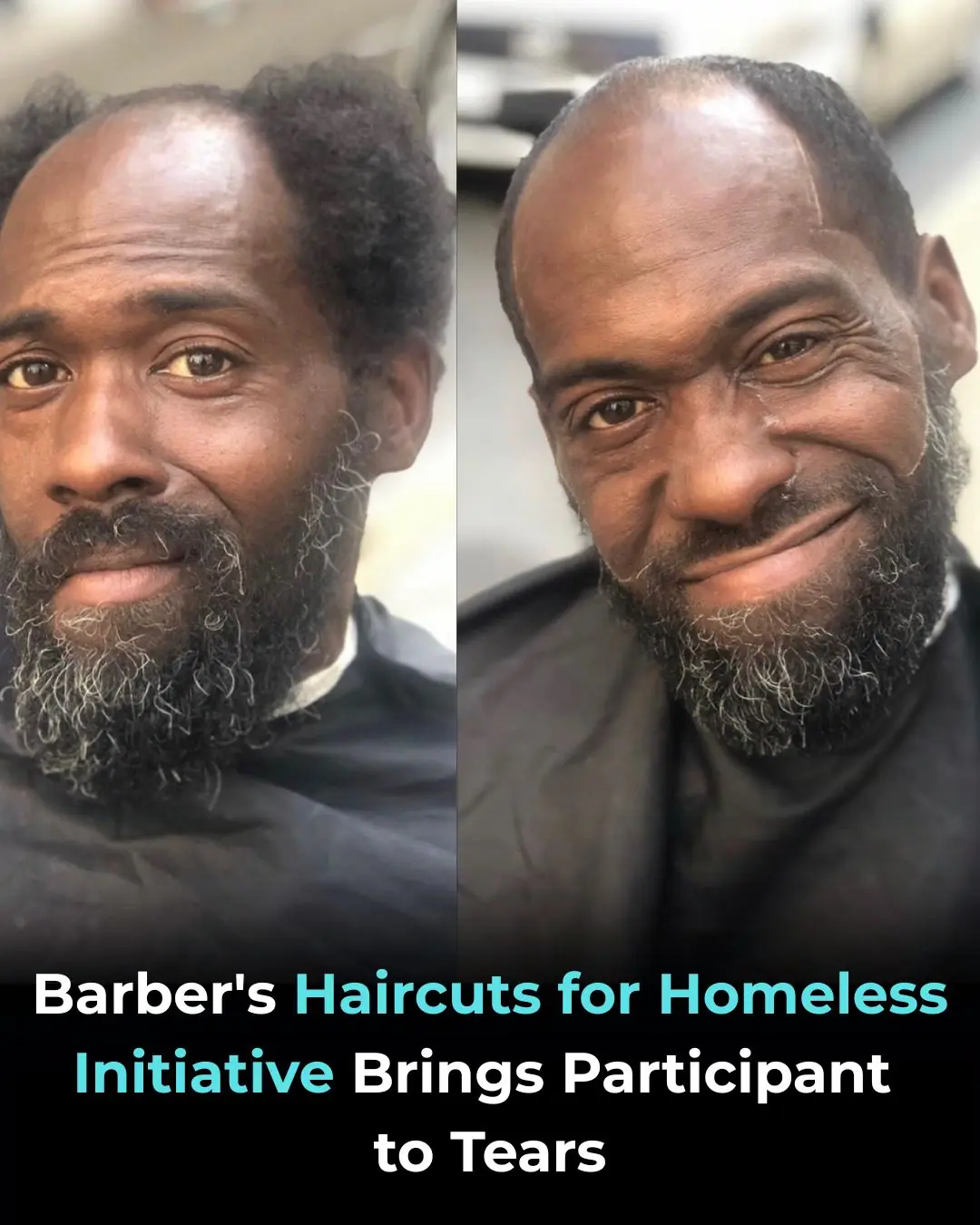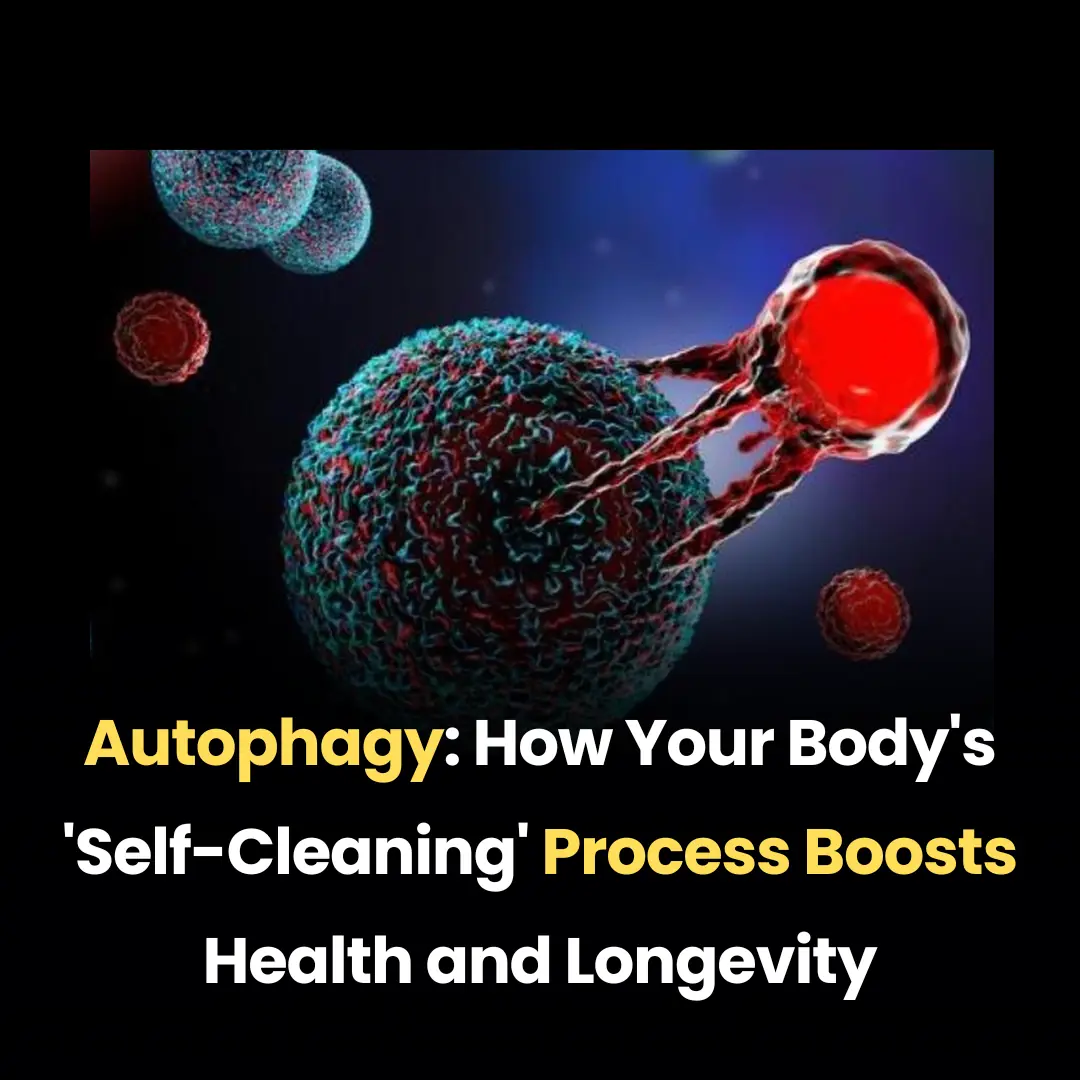
New Research Shows Coffee Consumption Can Reduce Liver Cancer Risk by 43%
New research has revealed that drinking more than two cups of coffee a day is associated with a 43% reduction in the risk of liver cancer. This discovery has generated significant interest, as liver cancer is one of the most aggressive and deadly types of cancer worldwide. The protective effect of coffee is believed to come from the various beneficial compounds it contains, which support liver health and help reduce inflammation. These factors are key contributors to cancer development, making the findings all the more promising for those looking for preventive health strategies.
Scientific studies have found that regular coffee consumption may help detoxify the liver and improve its overall function. Coffee is rich in antioxidants, particularly polyphenols, which help combat oxidative stress—a major factor in liver damage and cancer. Furthermore, it is thought that coffee helps reduce the buildup of fatty deposits in the liver, preventing fatty liver disease (a precursor to more severe liver conditions, including liver cancer). Experts suggest that these compounds work by regulating liver enzymes, promoting the breakdown of toxins, and supporting the regeneration of liver cells.
Both caffeinated and decaffeinated coffee appear to offer similar protective effects. This is significant because it means that people who need to avoid caffeine for health reasons, such as those with certain heart conditions, can still enjoy the benefits of coffee without the stimulating effects of caffeine. The consistency of these findings across various studies has made coffee a widely accessible tool in liver health management, with little to no adverse side effects when consumed in moderation.
While coffee should not be seen as a cure for liver cancer, the evidence suggests that incorporating it into a healthy lifestyle may be a simple yet effective strategy to reduce the risk of developing this aggressive disease. Experts emphasize that coffee should not replace other preventive measures, such as maintaining a balanced diet, exercising regularly, avoiding excessive alcohol consumption, and getting routine medical check-ups. These measures, combined with the protective benefits of coffee, can significantly improve liver health over time.
It is essential to note that moderation is key. While coffee has many potential benefits, excessive consumption can lead to unwanted side effects, such as sleep disturbances and increased heart rate. As with any lifestyle habit, it is important to strike a balance. Experts recommend drinking two to three cups of coffee daily to maximize the protective effects without overdoing it. Consistency is also vital—research shows that regular, long-term consumption is more likely to have lasting benefits than sporadic intake.
This discovery highlights how even small, everyday habits, such as drinking coffee, can have a profound impact on long-term health. It offers hope for those looking for practical, accessible ways to lower their risk of liver cancer. In addition, it reminds us of the importance of adopting simple preventive strategies that can improve health and reduce disease risk in the long run.
The growing body of evidence suggests that coffee’s potential role in liver cancer prevention is not just a passing trend but a reflection of the importance of integrating well-researched, accessible habits into daily life. Experts continue to explore this area of research, and as the findings evolve, coffee may become a cornerstone in the fight against liver disease.
News in the same category

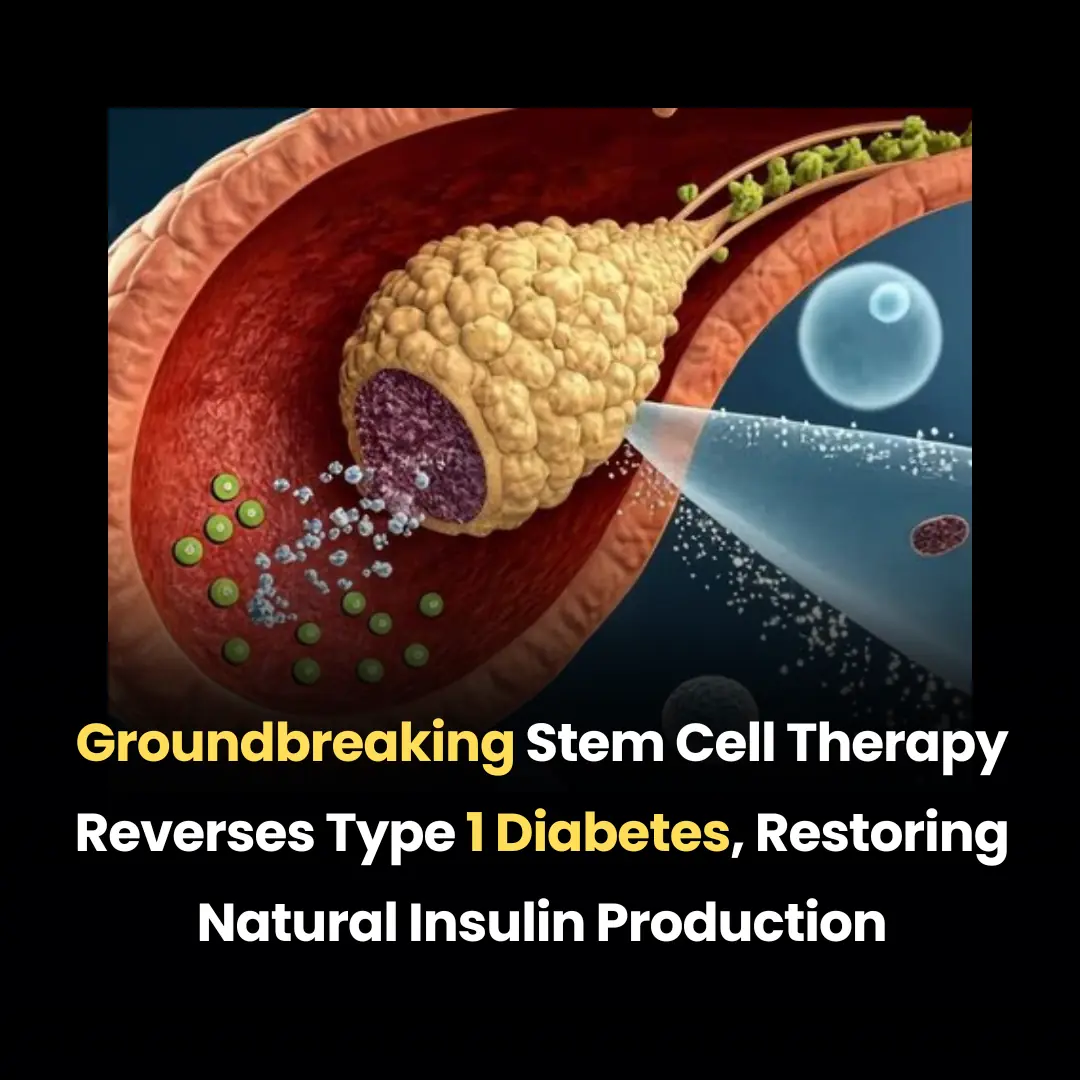
Groundbreaking Stem Cell Therapy Reverses Type 1 Diabetes, Restoring Natural Insulin Production
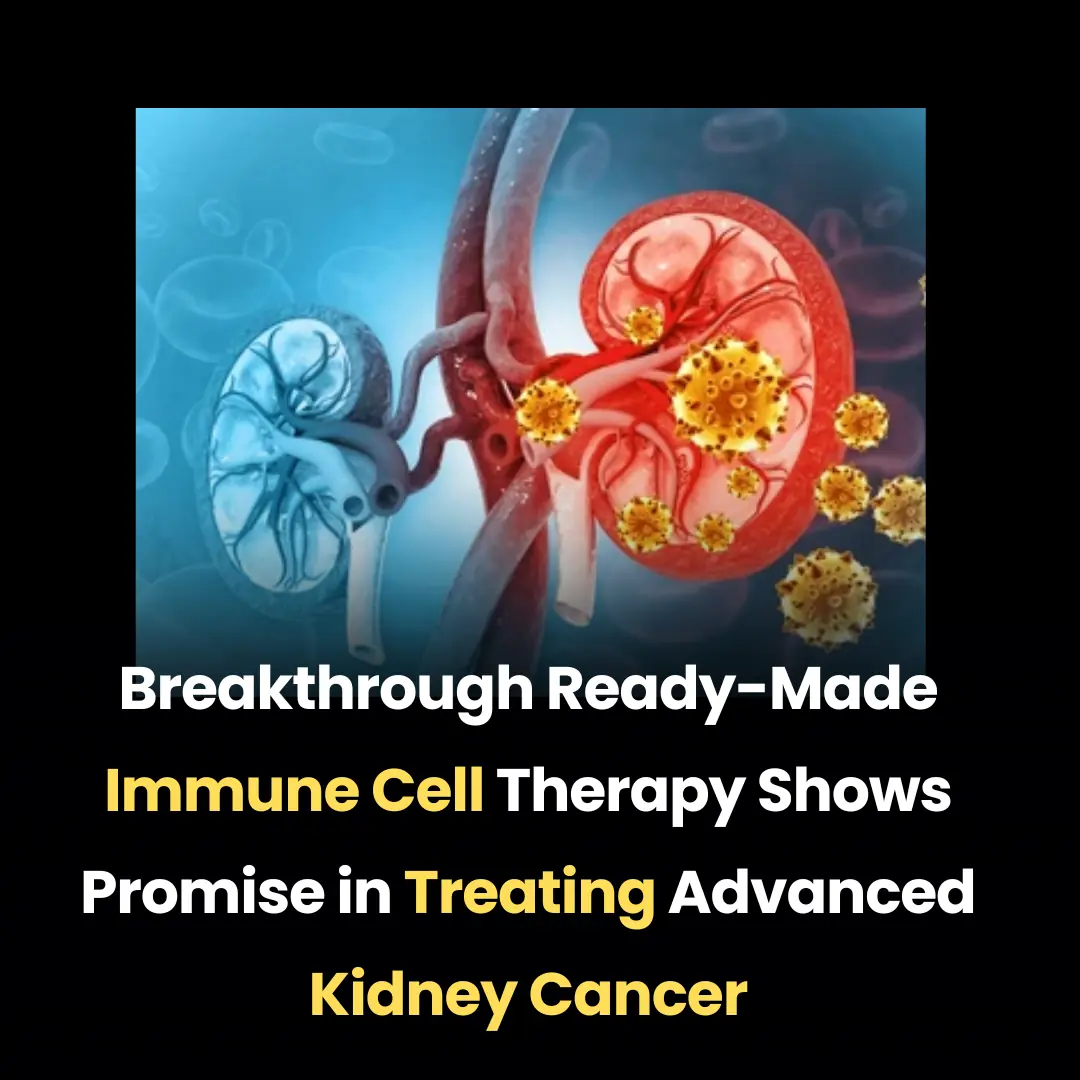
Breakthrough Ready-Made Immune Cell Therapy Shows Promise in Treating Advanced Kidney Cancer
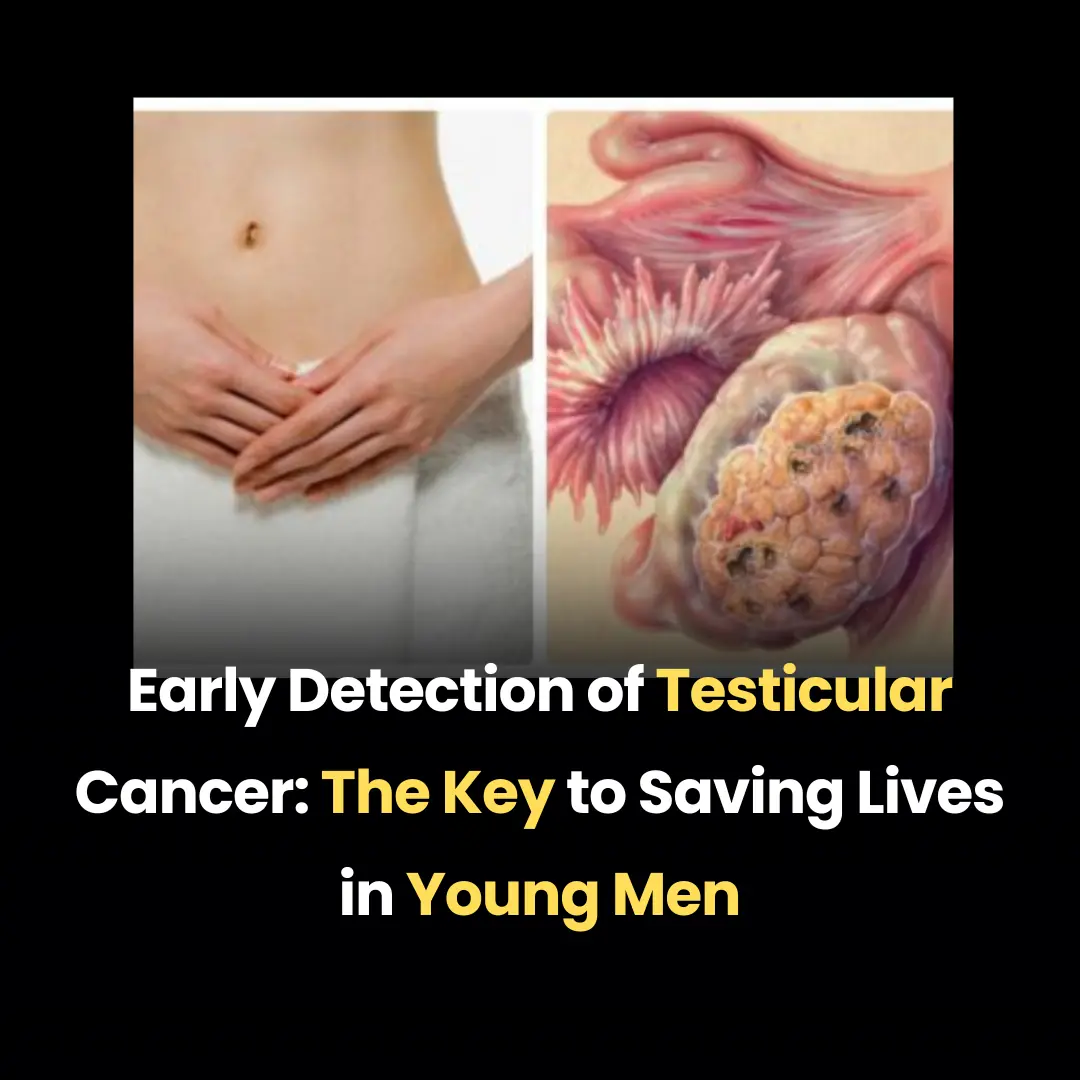
Early Detection of Testicular Cancer: The Key to Saving Lives in Young Men

Why Do We Get Shocked by Static Electricity
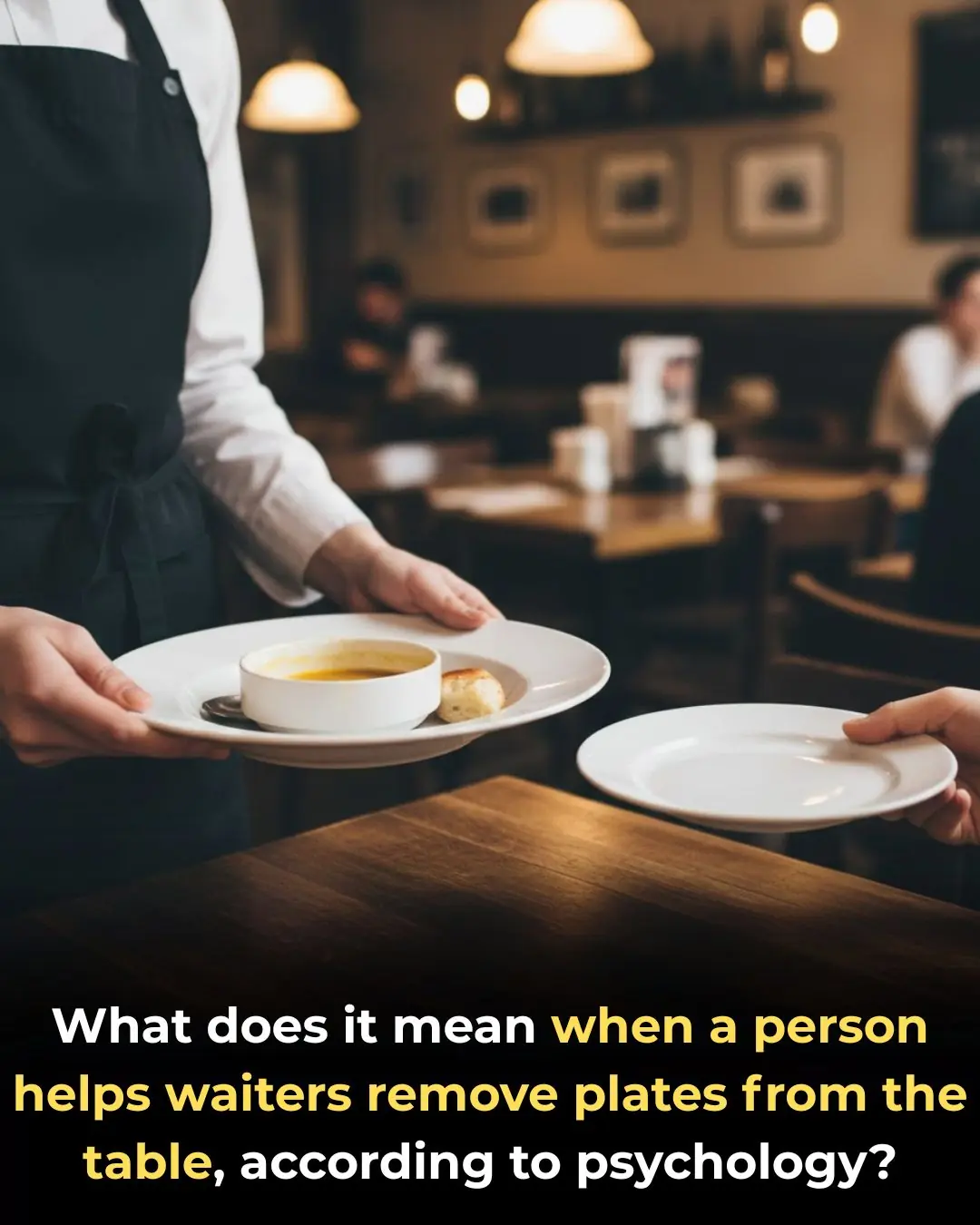
What Clearing the Table Says About You

What is their purpose in doing so?

🛁 Say Goodbye to the Shower: Japan Unveils the 15-Minute "Human Washing Machine"
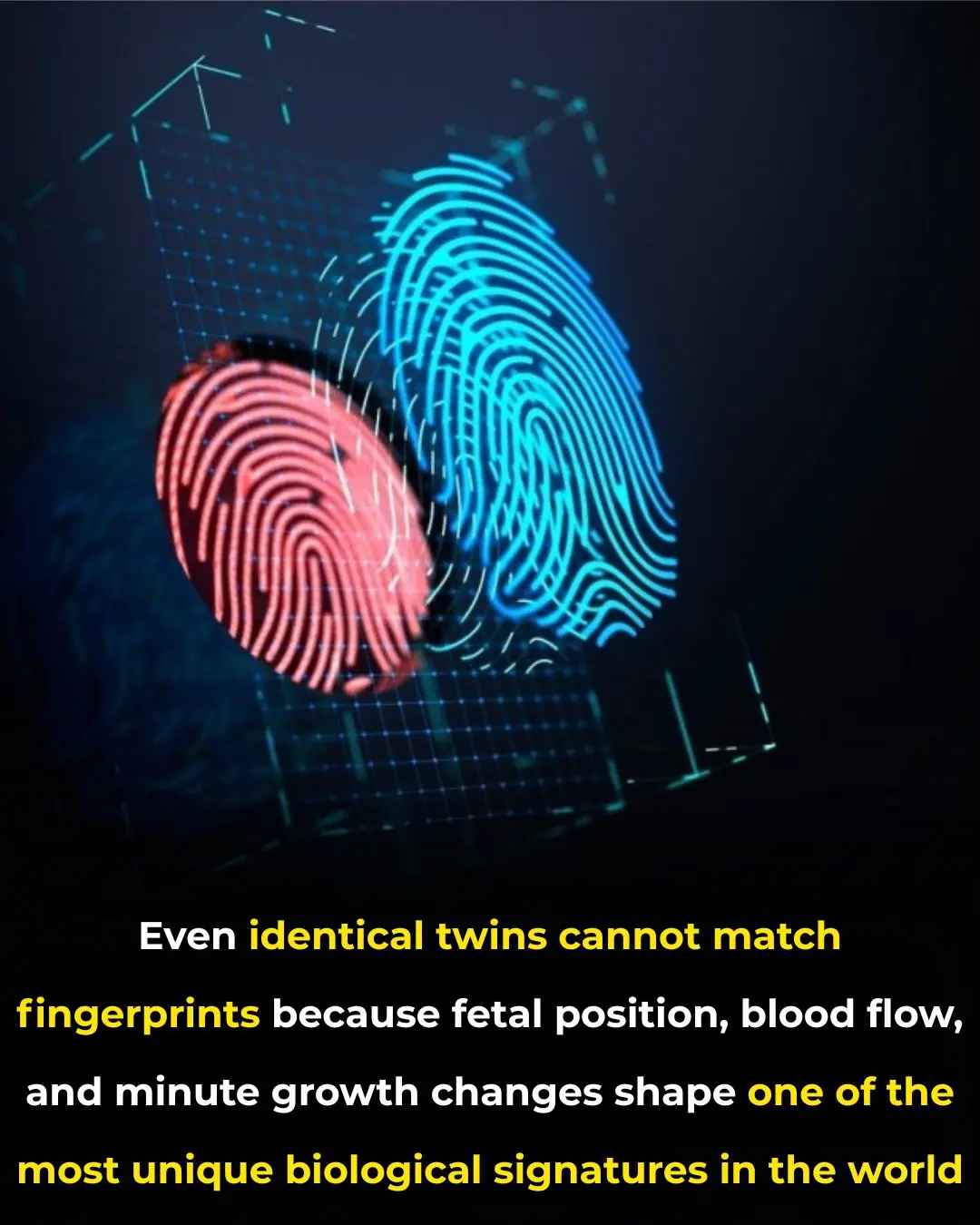
Fingerprint Individuality: A Story Written by Biology, Environment, and Chance
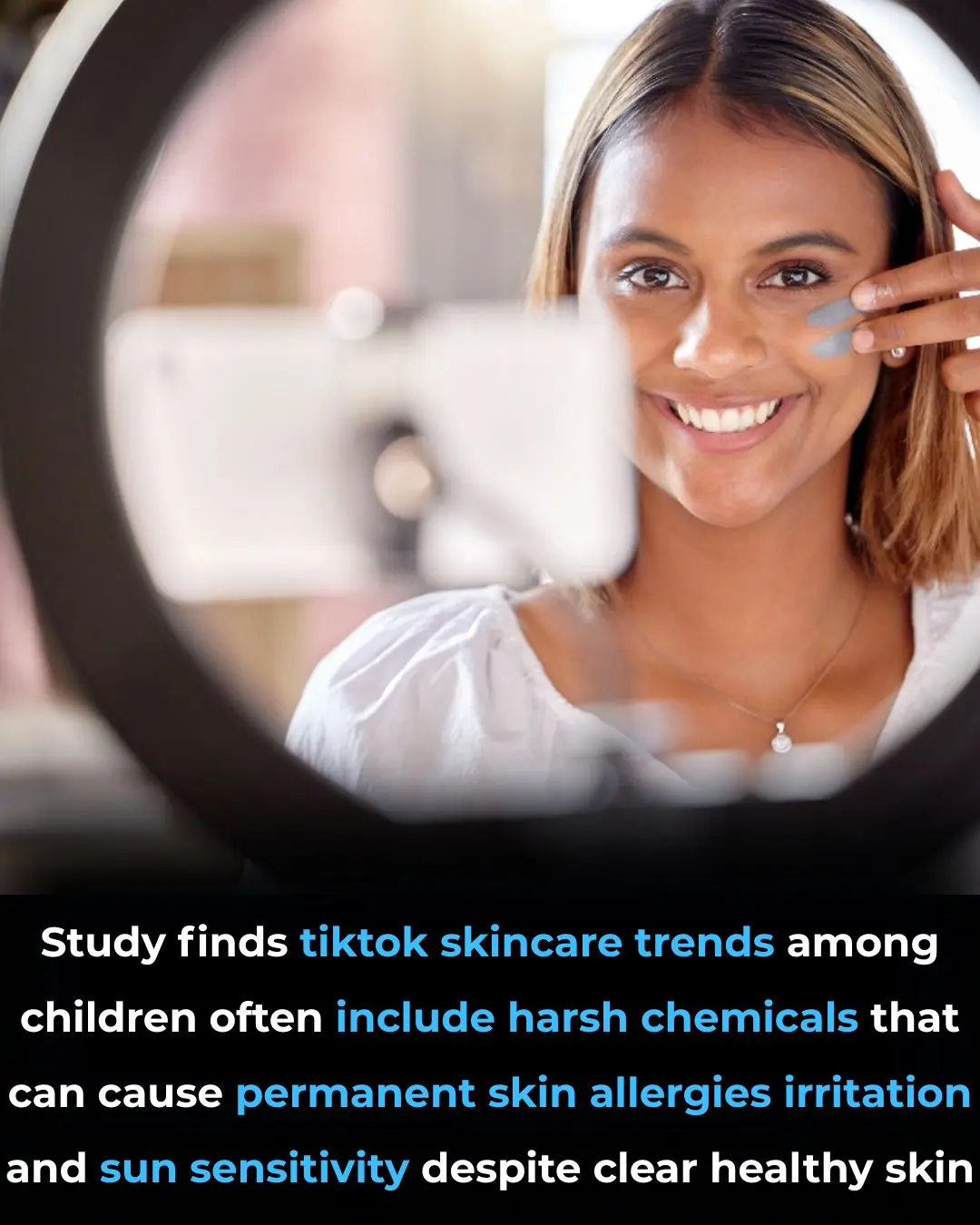
Northwestern Study Reveals Hidden Dangers in Youth Skincare Influencer Culture
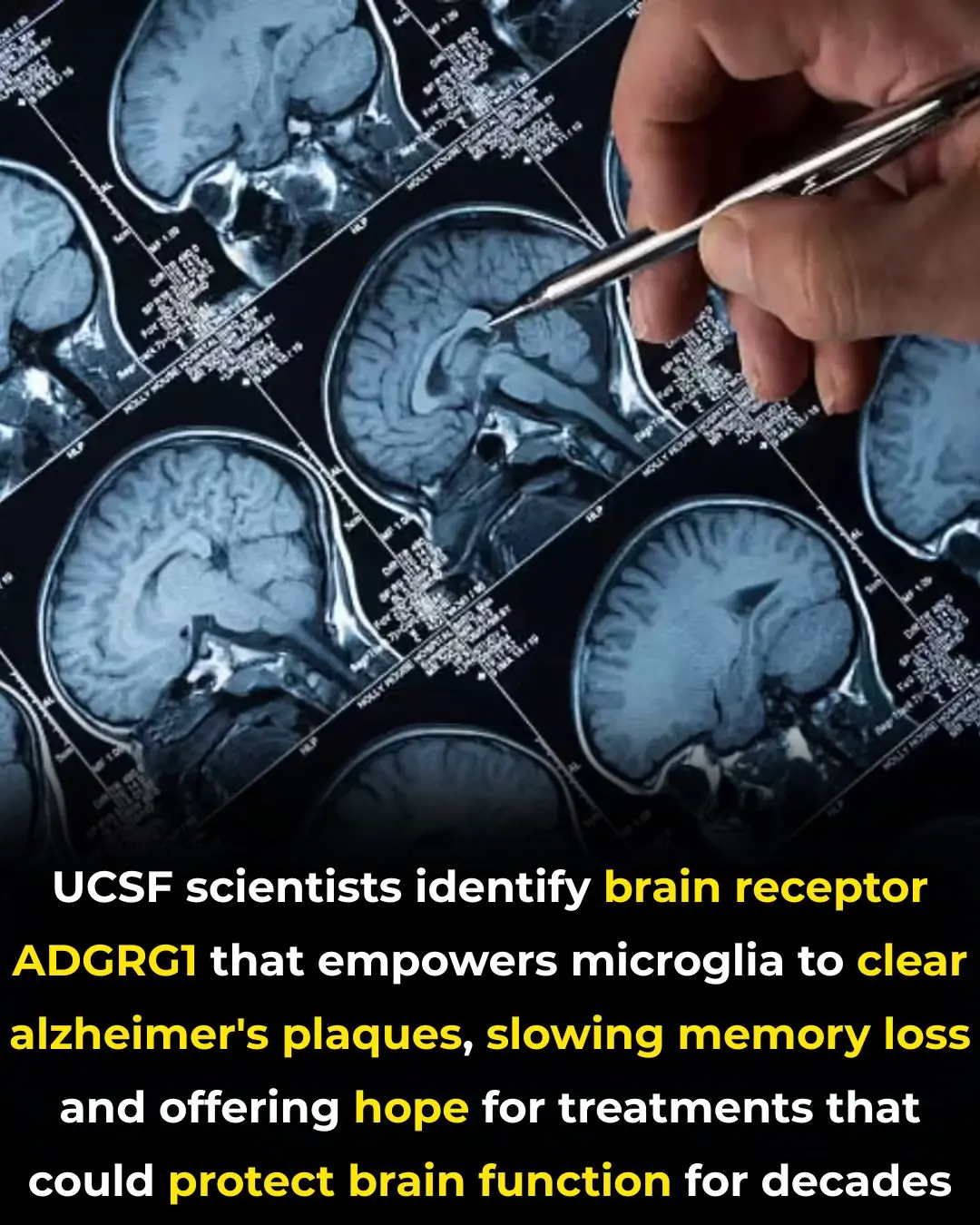
Scientists Discover a Brain Receptor That Acts as a Natural Shield Against Alzheimer’s
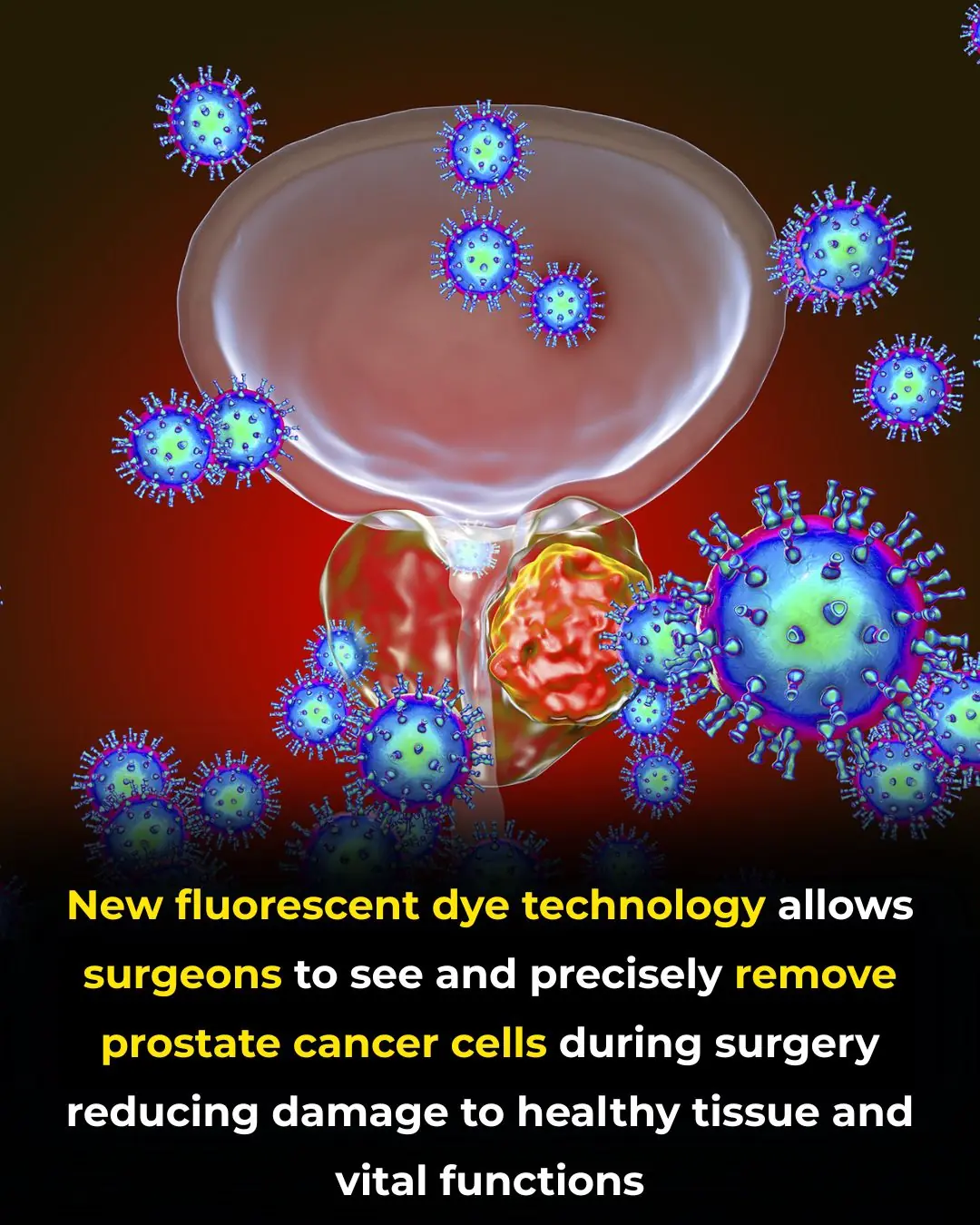
A Fluorescent Breakthrough: New Dye Helps Surgeons Precisely Target Prostate Cancer
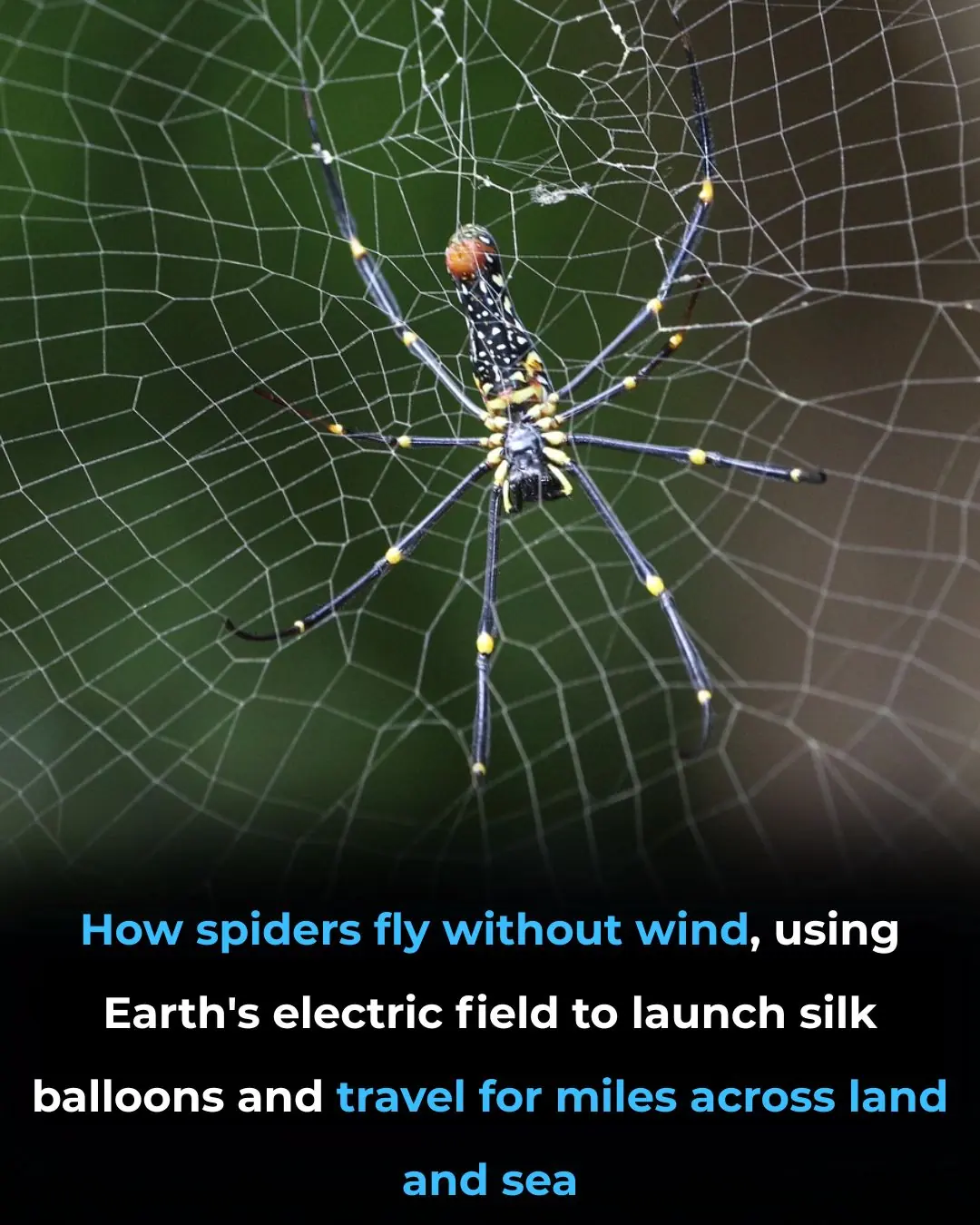
The Shocking Secret of Spider Flight: How Electric Forces Lift Them Into the Sky

When a Humpback Whale Became a Hero: The Extraordinary Rescue of Marine Biologist Nan Hauser

🤯 Beyond the Void: How Quantum Physics Suggests the End of Life Is an Illusion

🧠 Medical Marvel: The Bullet That Accidentally Cured Severe OCD

If you kiss a deceased loved one, you should know that it causes ...
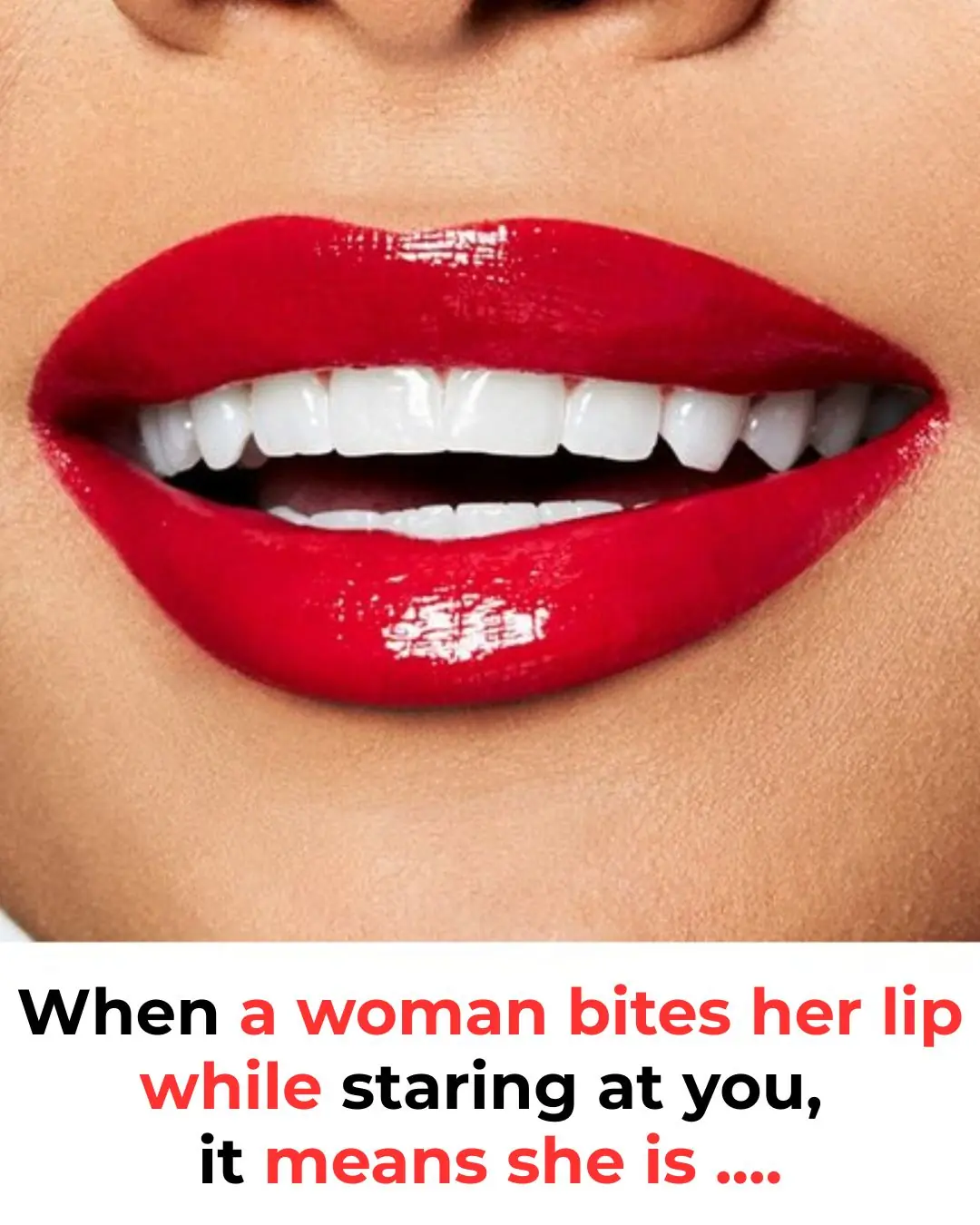
When a Woman Bites Her Lip While Staring at You, It Means She Is ...

3 flowers that make snakes tremble with fear — beautiful and safe to plant around your home
News Post

Autophagy: How Your Body's 'Self-Cleaning' Process Boosts Health and Longevity

Groundbreaking Stem Cell Therapy Reverses Type 1 Diabetes, Restoring Natural Insulin Production

Breakthrough Ready-Made Immune Cell Therapy Shows Promise in Treating Advanced Kidney Cancer

Early Detection of Testicular Cancer: The Key to Saving Lives in Young Men

Clothes are easily wrinkled when washed: Put something cheap in the machine when washing, the clothes will come out flat.
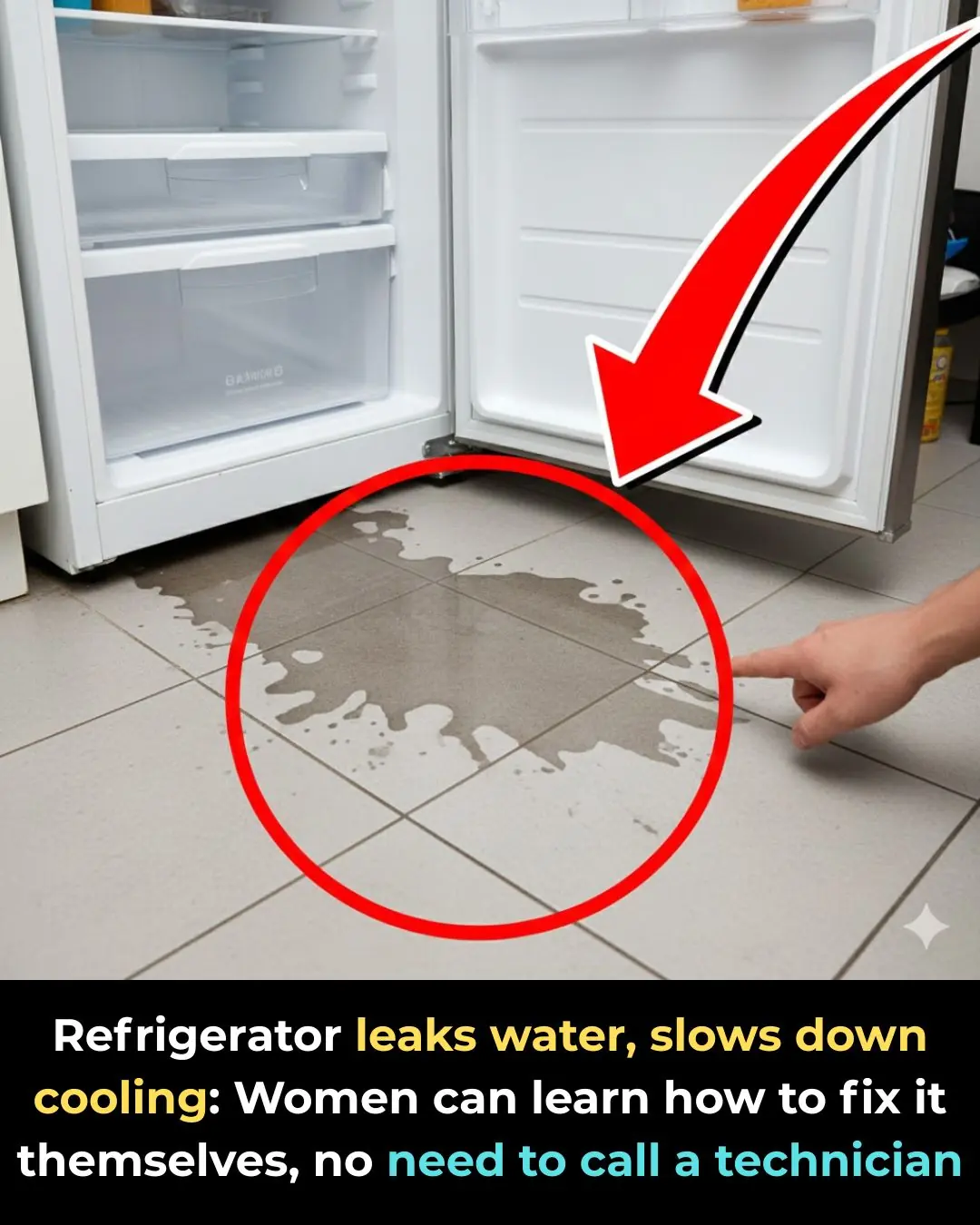
Refrigerator leaks water, slows down cooling: Women can learn how to fix it themselves, no need to call a technician

Why Do We Get Shocked by Static Electricity

What Clearing the Table Says About You
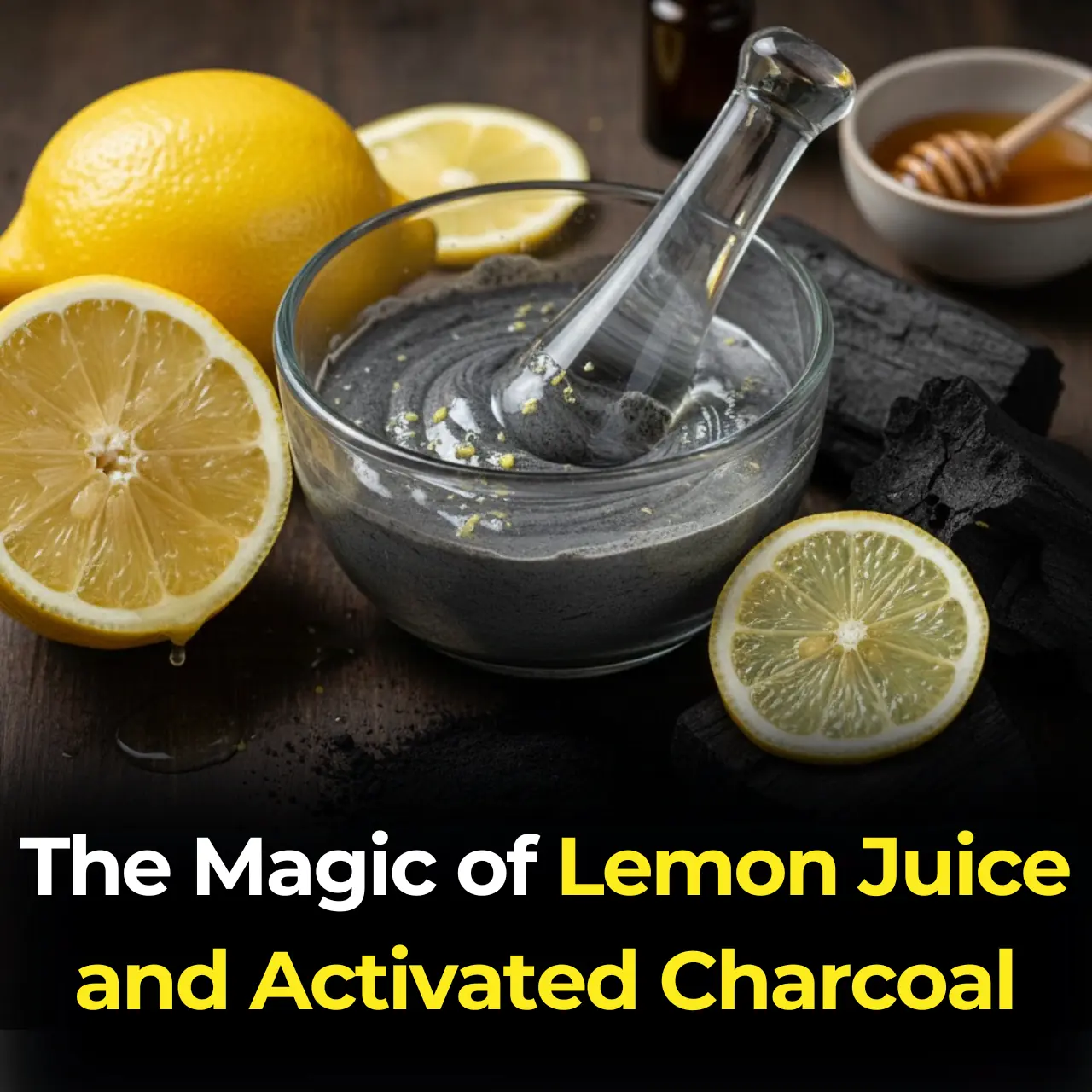
The Magic of Lemon Juice and Activated Charcoal: Natural DIY Solutions for Skin and Teeth

Improve Eyesight Naturally With Onion Tea: Benefits, Uses & How to Make It

Make your own biotin powder for glowing skin
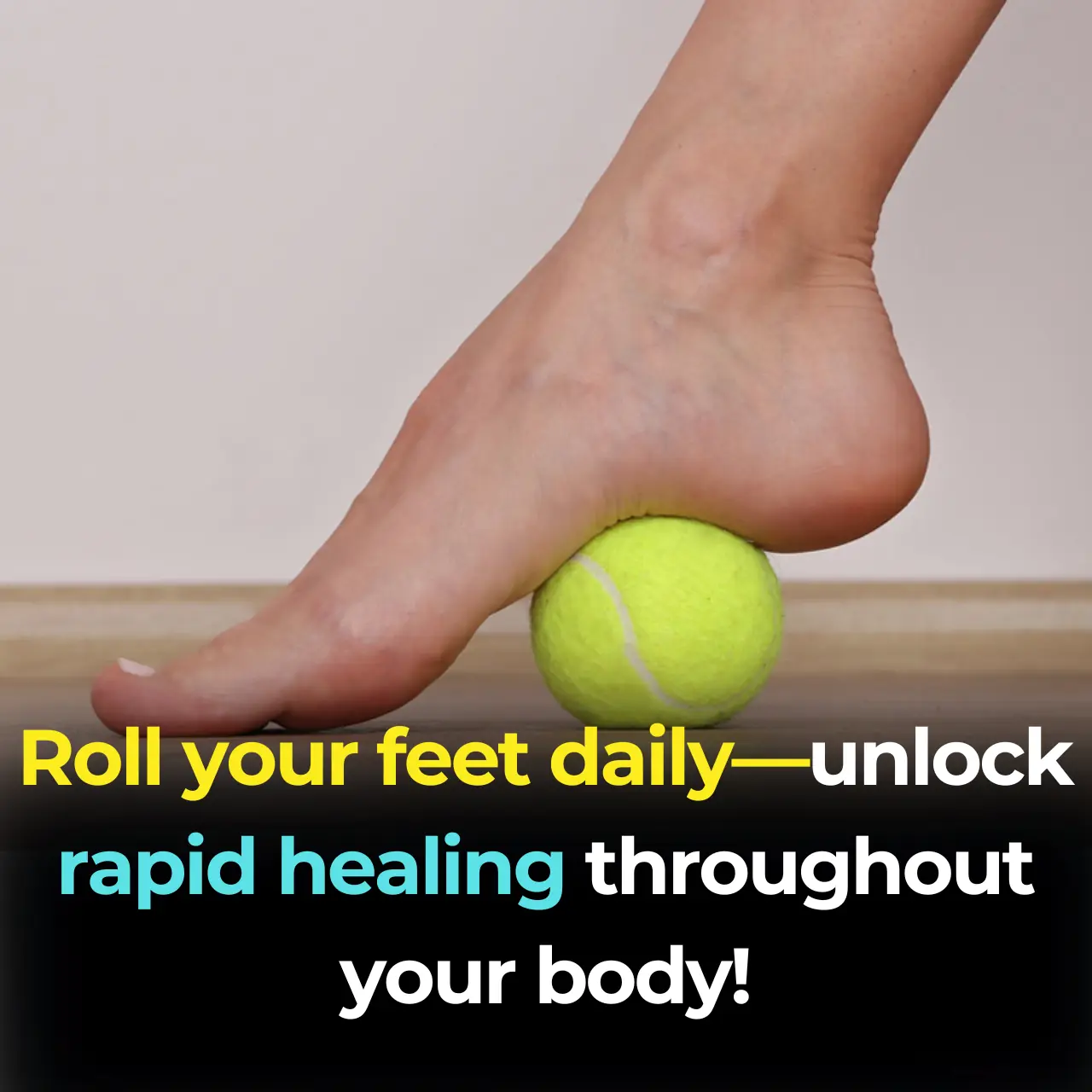
Roll your feet daily—unlock rapid healing throughout your body!
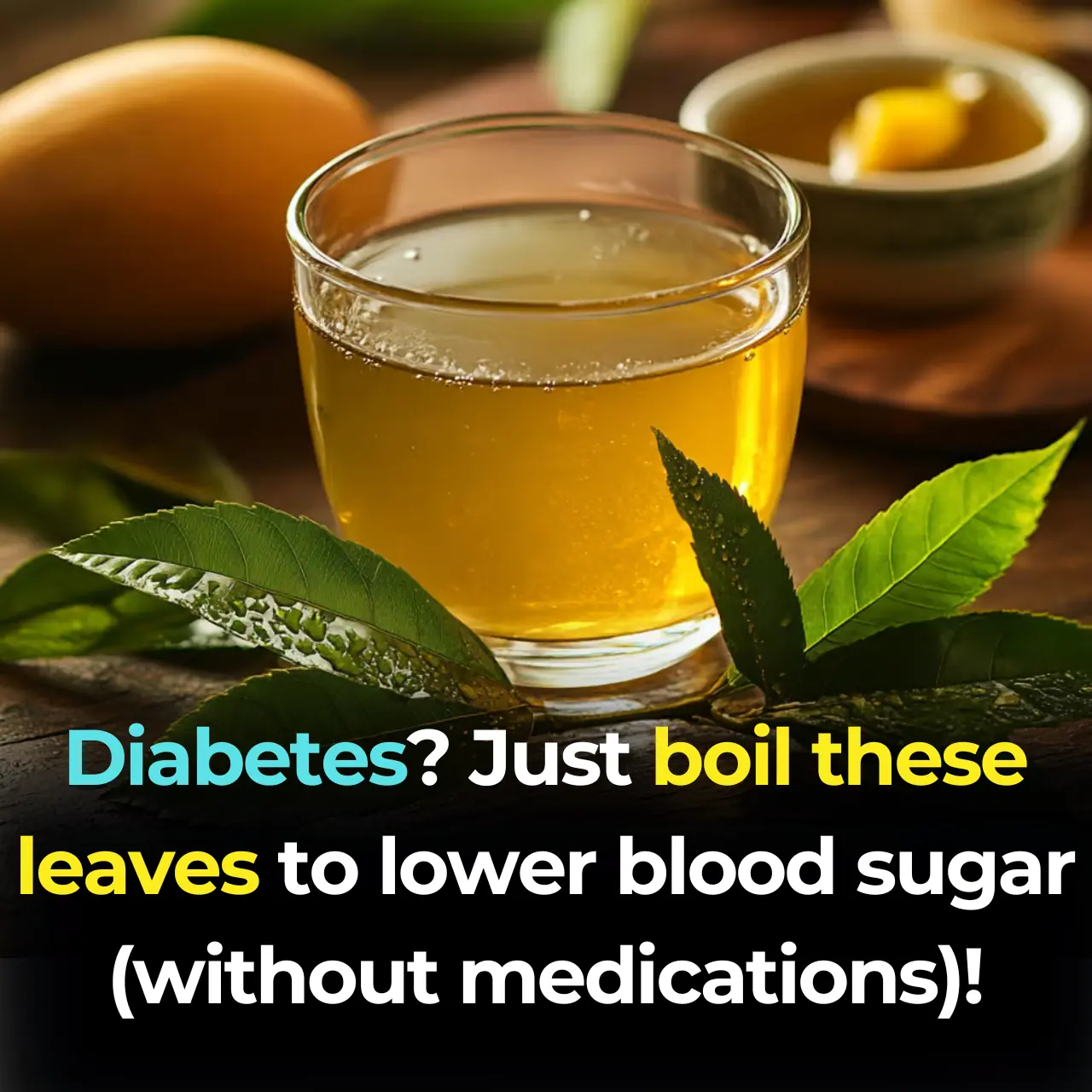
Diabetes? Just boil these leaves to lower blood sugar (without medications)!

How to Get Rid of Bad Breath (Halitosis): Scientifically Proven Home Remedies

What is their purpose in doing so?

Meet Adrian Octavius Walker, the Photographer Whose Impact Extends From Ferguson to the Smithsonian
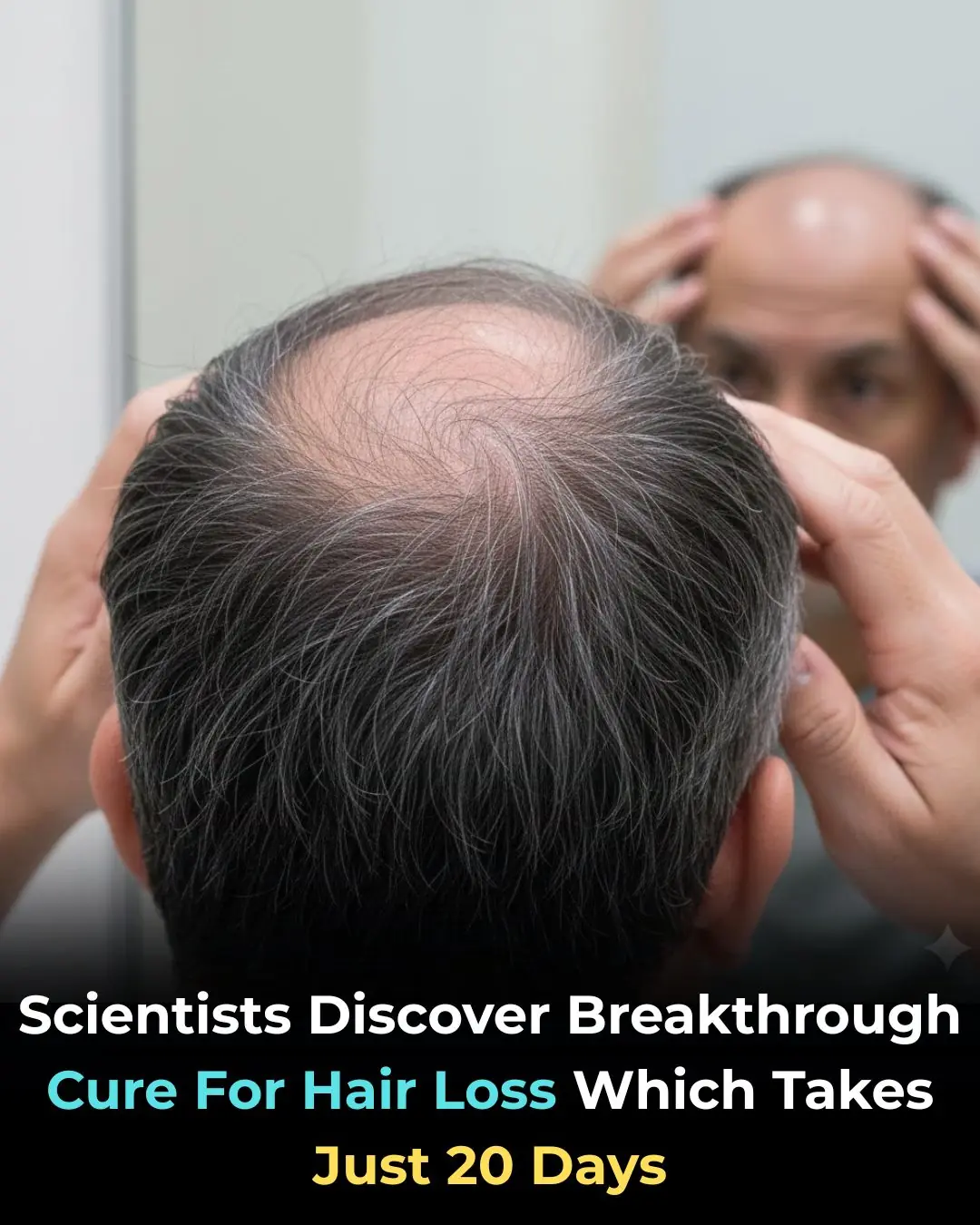
Breakthrough Hair-Loss Treatment
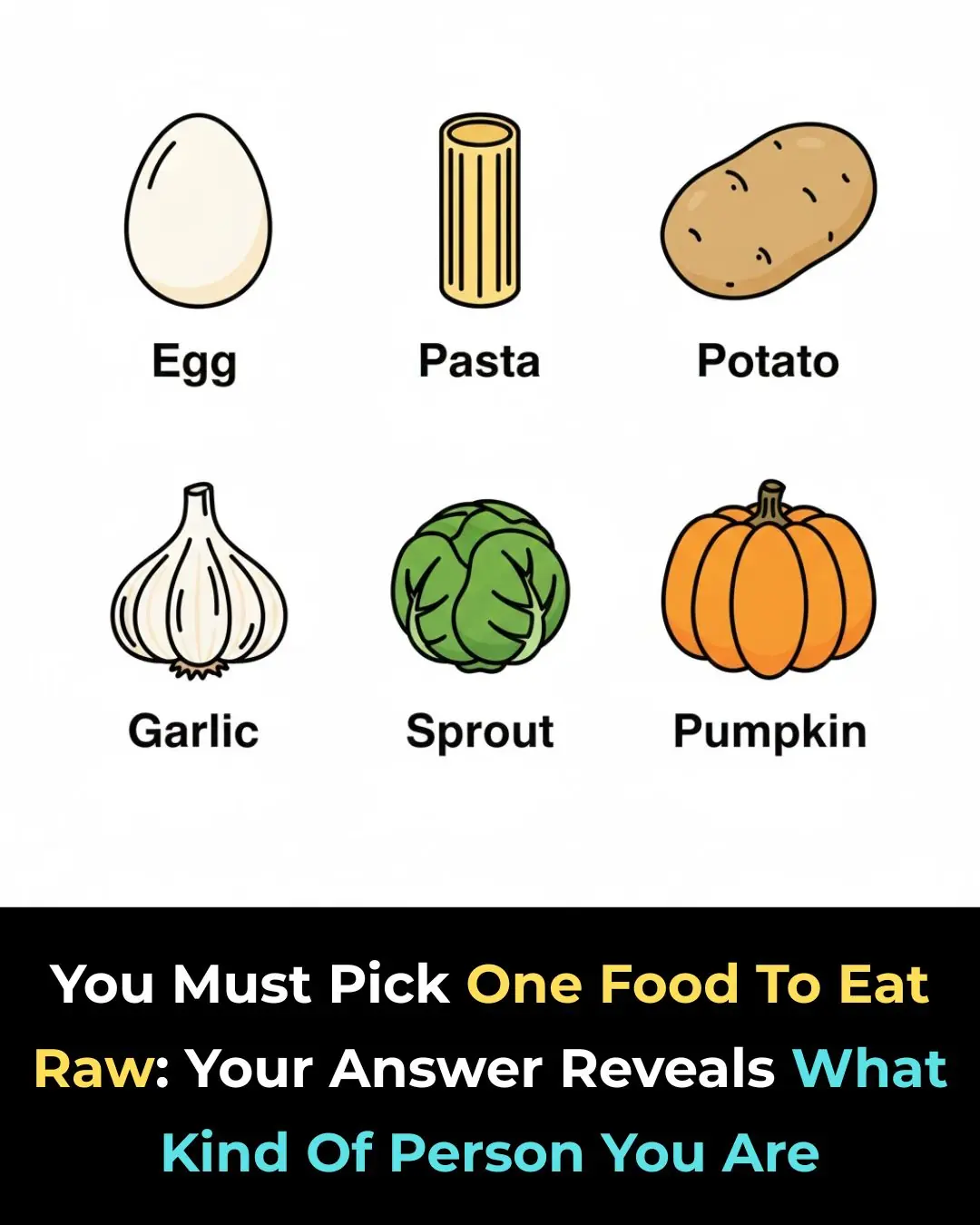
Which Raw Food Would You Eat
